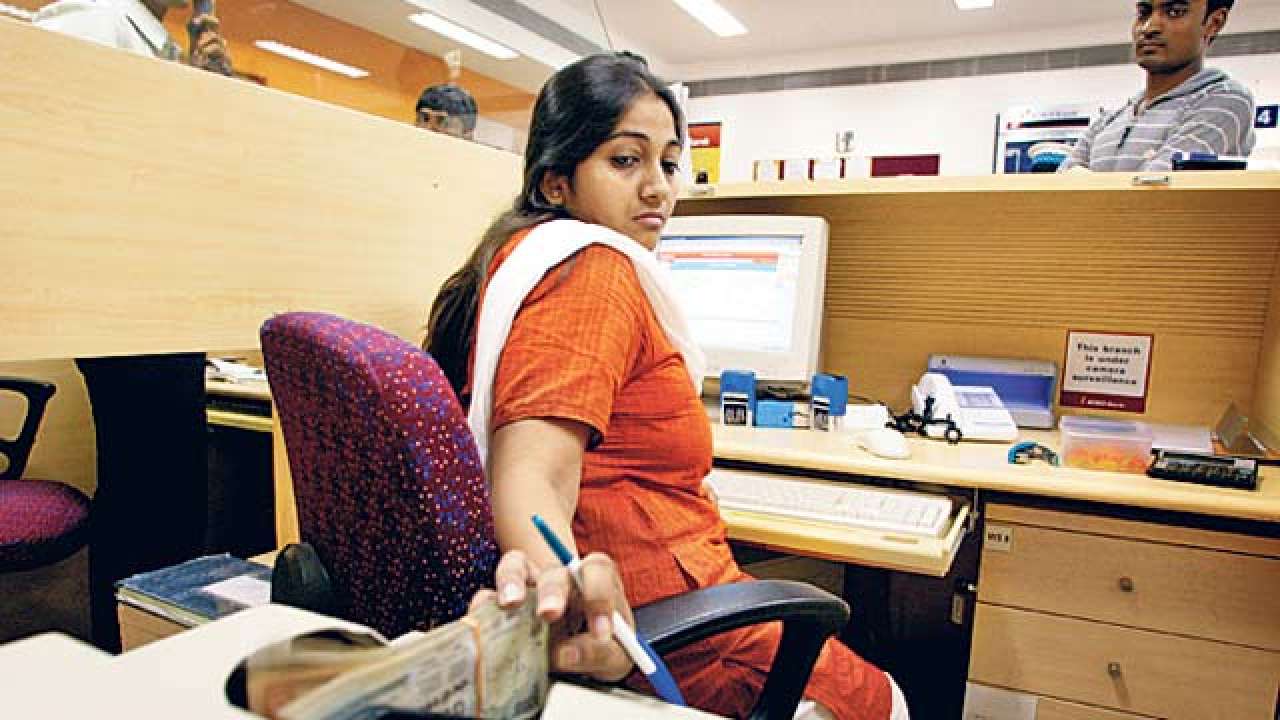
The hopes of scores of investors, economists, and bankers expecting a reversal of the sinking fortunes of the Indian economy are being dashed, quarter after dreadful quarter. A new set of data released by TransUnion CIBIL, a credit information bureau, gives more reasons to the banks to fret. As per the data, the total quantum of wilful defaults by borrowers has risen to over Rs 1 lakh crore from close to Rs 75,000 crore in 2016.
Trend-wise, this spurt in NPAs attests to the progressively deteriorating state of assets within the banking economy since FY 2012. Many of these loans going bad in the last few years bear the imprint of risky loans that were so enthusiastically doled out by scheduled commercial banks, especially Public Sector Banks (PSB), sans due diligence and prudent risk assessment during the pre-recession era. This crisis in India’s banking sector is personified by liquor baron Vijay Mallya, who fled to the UK after reneging on the payment of bank loans.
However, to reduce the NPA crisis simply to crony capitalism is to mistakenly diagnose the larger problem. An important reason for the spike in non-payment has been an inclement global economy which has led to a sustained tanking of commodity prices. Shedding some light on the melee is the June Financial Stability Report of the Reserve Bank of India, which, sadly, paints a picture that brings no cause for cheer.
According to the report, the gross NPA ratio is set to reach the incredible levels of 10.2 per cent of the total loan book by the end of FY 18. For the PSBs, the situation is far worse. Their gross NPAs are likely to be as much as 14.2 per cent of the total loans. State Bank of India, by virtue of being India’s largest PSB, has taken major brunt of the hit, its NPAs amounting to almost 10 per cent of its total loan book, amounting to almost Rs 2 lakh crore. Even in terms of wilful defaulters, SBI has the most of them as over Rs 15,000 crore were stuck in close to 1,000 accounts.
PNB comes in a close second with almost Rs 11,000 crore parked in 871 defaulter accounts, while Bank of Baroda is third with approximately Rs 4,800 crore stuck with wilful defaulters. The upswing in wilful defaulters is a distressing development. Contrasted with entrepreneurs facing negative global headwinds or adverse domestic business cycles, wilful defaulters are those who falter on payments even when they do have the capacity to honour interest payments. Unless PSBs introspect and deeply review their loan disbursal mechanisms, this situation will keep recurring, even if these banks are capitalised by the Finance Ministry.